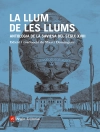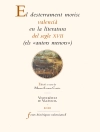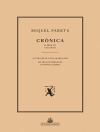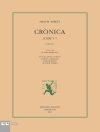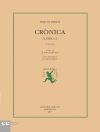The failure of the attempts to create a Ukrainian state during the 1917-21 revolution created a large Ukrainian émigré community in Central Europe which, due to its experience of fighting the Bolsheviks, developed a decidedly anti-Communist ideology of integral nationalism. However, during the 1920s some in the Ukrainian emigration rejected this doctrine and began to advocate reconciliation with their former enemies and return to Soviet Ukraine. This included some of the most prominent figures in the Ukrainian governments set up after 1917, for example Mykhailo Hrushevskyi, Volodymyr Vynnychenko and Ievhen Petrushevych. On the basis of published and unpublished writings of the Sovietophile émigrés, this study reconstructs and analyses the arguments used to justify cooperation with the Bolsheviks. In particular, it contrasts those who supported the Soviet regime because they saw the Bolsheviks as leaders of the international revolution with those who stressed the apparent national achievements of the Soviet Ukrainian republic. In addition, it examines Soviet policy towards pro-Soviet émigrés and the relationship between the émigrés and the Bolsheviks using documents from historical archives in Kyiv. The Ukrainian movement is compared to a similar phenomenon in the Russian emigration – Smena vekh (‘Change of Signposts’). The book thereby contributes to the study of the era of the New Economic Policy and Ukrainianisation in the Soviet Union, as well as to the histories of the Ukrainian emigration in the 1920s and of Ukrainian political thought.
Mengenai Pengarang
The author:Dr Christopher Gilley studied history at Churchill College Cambridge, and the School of Slavonic and East European Studies, University College London. He completed his doctorate, as a DAAD Scholar, at the University of Hamburg. His articles have appeared in, among other periodicals, The Slavonic and East European Review, Jahrbücher für Geschichte Osteuropas, and KICES Working Papers.The foreword author:Dr Frank Golczewski is Professor of East European History at the University of Hamburg.


